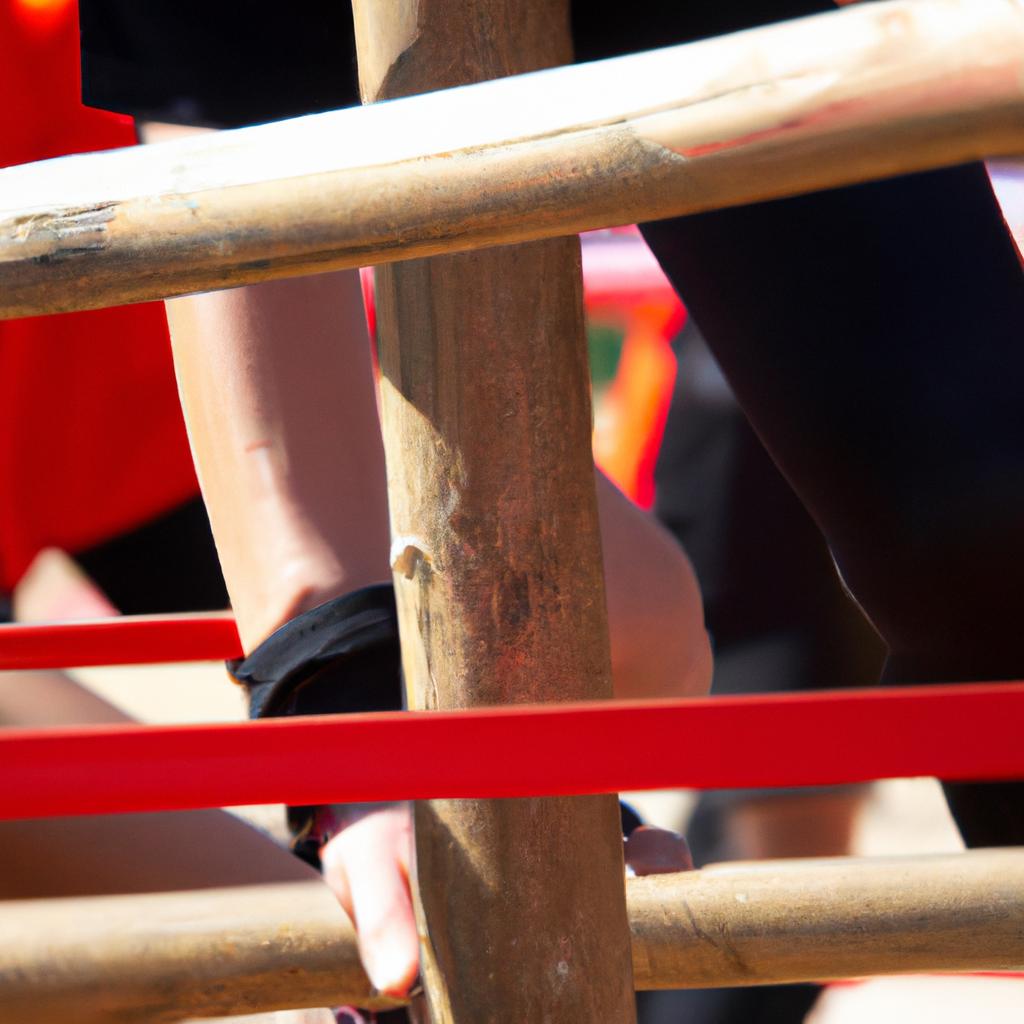Obstacle Course Racing: The Importance of Mental Resilience in Overcoming Psychological Barriers During Races
Obstacle Course Racing: The Importance of Mental Resilience in Overcoming Psychological Barriers During Races
Obstacle course racing (OCR) tests physical strength and mental resilience. Many racers encounter psychological barriers that hinder performance. Understanding mental strength helps athletes overcome these challenges. Therefore, mental preparation is as crucial as physical training.
The Role of Mental Resilience in OCR
Mental resilience plays a vital role in OCR. Participants face various physical and mental obstacles. The ability to push through discomfort and self-doubt becomes essential. Athletes must develop strategies to strengthen their minds.
Facing Fears Head-On
Many racers experience fear during races. They often fear failure or injury. However, overcoming fears builds confidence. Athletes can visualize success and focus on strengths. This mental preparation equips them to tackle challenges.
Embracing Discomfort
Endurance races often push participants beyond limits. Discomfort can intimidate even seasoned athletes. However, embracing discomfort leads to growth. Athletes must accept pain as part of the journey. Consequently, they develop tolerance for challenging situations.
Building Positive Self-Talk
Negative self-talk can sabotage performance. Athletes often battle their inner critic during races. However, adopting a positive mindset enhances focus and determination. Furthermore, affirmations can reinforce self-belief. This mental shift fosters resilience and boosts performance.
Nutrition Tips for Mental Resilience
Proper nutrition fuels both body and mind. Eating the right foods enhances mental clarity and endurance. Therefore, racers should focus on a balanced diet.
Hydration is Key
Staying hydrated is essential during races. Dehydration leads to fatigue and decreased cognitive function. Hence, racers should drink enough water before and during events. Additionally, electrolyte drinks help maintain stamina.
Choose Energy-Boosting Foods
Eating energy-boosting foods improves performance. Complex carbohydrates, healthy fats, and proteins provide sustained energy. For example, oatmeal, nuts, and lean meats offer excellent fuel. Consequently, these foods help racers feel strong and focused.
Timing Your Meals
Meal timing impacts performance. Eating too close to race time causes discomfort. Conversely, eating too early may lead to low energy. Therefore, athletes should experiment with meal timing during training. This way, they find the optimal balance for race day.
Exercise Advice for Mental Toughness
Incorporating specific exercises enhances mental toughness. Physical training builds strength and boosts confidence.
Varied Workouts
Variety in workouts keeps training engaging. Mixing strength training, endurance runs, and agility drills challenges both body and mind. Moreover, team workouts foster camaraderie and motivation. This support system helps racers overcome psychological barriers.
Set Achievable Goals
Setting achievable goals builds confidence. Athletes should break down training into manageable milestones. Consequently, accomplishing these goals provides a sense of achievement. This positive reinforcement encourages athletes to push beyond limits.
Visualization Techniques
Visualization techniques enhance performance. Athletes should visualize themselves successfully completing obstacles. This mental practice prepares them for race day. Furthermore, it helps reduce anxiety and boosts confidence.
Health Benefits of OCR
Participating in obstacle course racing offers numerous health benefits. Beyond physical fitness, OCR promotes mental well-being.
Improved Physical Fitness
OCR training builds overall physical fitness. Participants improve strength, endurance, and agility. These improvements translate into better performance in other activities. Therefore, athletes enjoy a well-rounded fitness regimen.
Enhanced Mental Health
OCR benefits mental health, too. A sense of accomplishment boosts self-esteem and reduces stress. Moreover, camaraderie fosters social connections. Consequently, participants often experience a greater sense of belonging.
Life Skills Development
Participating in OCR develops essential life skills. Athletes learn to set goals, face challenges, and adapt. These skills translate into everyday life, enhancing personal and professional growth. Therefore, OCR prepares individuals for various challenges outside racing.
Conclusion
Mental resilience plays a crucial role in obstacle course racing. Athletes face numerous psychological barriers that hinder performance. By developing mental toughness, racers can overcome these challenges. Nutrition, exercise, and mindset contribute to building mental strength. Therefore, participants should focus on these aspects to enhance their OCR experience. Embracing the mental side of racing leads to personal growth and improved performance. Ultimately, OCR offers a unique blend of physical and mental challenges, making it a rewarding pursuit.
Below are related products to the topic if you’re interested:
FAQ
What is the significance of mental resilience in obstacle course racing?
Mental resilience is crucial in obstacle course racing as it helps athletes face both physical and psychological challenges. Participants must navigate discomfort and self-doubt during races, making it essential to develop strategies that strengthen their mental fortitude. This resilience enables racers to push through barriers and enhance their performance.
How can athletes overcome fear and negative self-talk during races?
Athletes can overcome fear by facing it head-on and visualizing success, which helps build confidence. Additionally, adopting positive self-talk can combat the inner critic that often sabotages performance. By focusing on strengths and using affirmations, racers can foster a resilient mindset that enhances their determination and focus during races.
What role does nutrition play in enhancing mental resilience for OCR participants?
Nutrition plays a vital role in enhancing mental resilience by fueling both the body and mind. A balanced diet with energy-boosting foods, proper hydration, and strategic meal timing can significantly impact performance. Eating the right foods helps maintain mental clarity and endurance, enabling racers to handle challenges more effectively during races.















Post Comment